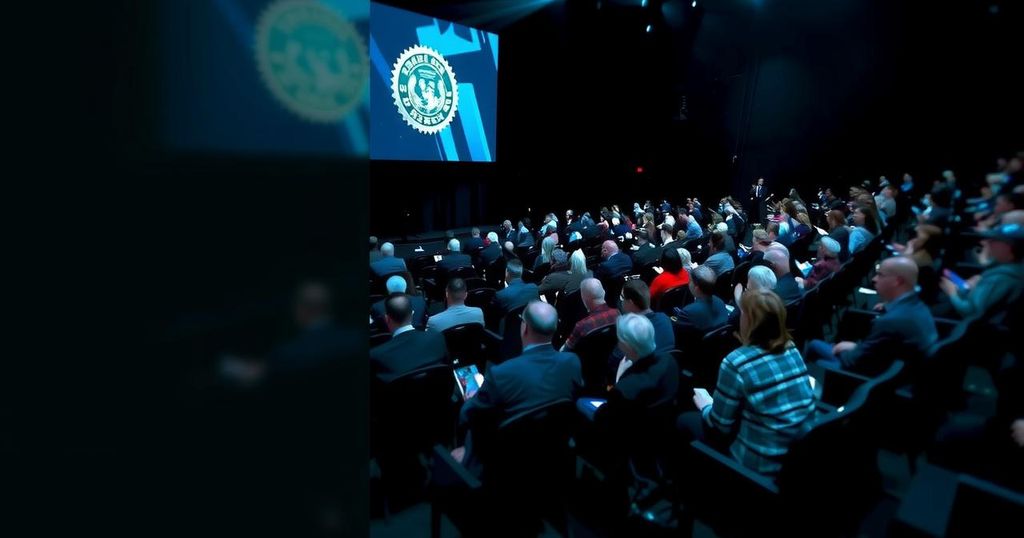The article discusses the alarming gap between political rhetoric on climate action and the reality of surpassing critical temperature thresholds. With COP29 ongoing, it emphasizes the urgent need for effective policies to achieve substantial emissions reductions as global temperatures continue to rise due to both natural and anthropogenic factors.
The urgency of addressing climate change has reached a critical point, with political leaders often failing to match their promises to reduce emissions with effective action. Despite declaring commitments to net zero emissions by 2050, we have already surpassed the 1.5°C threshold deemed safe by scientists, which occurred earlier this year. The messages at COP29, emphasizing the need to mobilize funds and actions, mask the grim reality of accelerating climate impacts. Amidst record high temperatures that have persisted into 2024, it has become increasingly clear that natural systems, which have historically mitigated carbon emissions, may be reaching their saturation point. This concern is reflected in a decline in carbon absorption observed over the last eight years. The implications for climate models could be significant, necessitating urgent and drastic emission cuts across all nations. Glacial melting is occurring as a faster pace than predicted, which jeopardizes crucial water resources for millions and exacerbates global warming due to decreased reflectivity. The consequences are dire—displacement, resource conflicts, and adverse economic impacts are all on the horizon. Current projections suggest a potential rise in global temperatures of 2.7°C this century unless immediate and aggressive actions are taken. While some regions like the EU have demonstrated that emission reductions can coincide with economic growth, the global scene reveals that emissions remain at unprecedented levels, with many leaders still favoring fossil fuel dependencies. As COP29 progresses, the urgency for substantial climate finance agreements remains unmet, raising doubts about future climate action, particularly in the context of shifting political landscapes. Nevertheless, the collective will of scientists, activists, and proactive governments can drive meaningful change, provided there is broad public support and pressure for decisive action.
The article highlights the alarming disconnect between the commitments of political leaders to combat climate change and the stark reality of escalating climate impacts. It underscores that pivotal climate benchmarks, such as keeping global temperature rise below 1.5°C, are already being exceeded. The seriousness of the situation is compounded by scientific evidence indicating that natural mechanisms that absorb carbon emissions may be slowing, threatening the ability to mitigate future climate change effectively. As discussions intensify at COP29, the need for significant emissions reductions and meaningful global cooperation becomes increasingly pronounced.
In summary, immediate and substantial actions are imperative to combat the accelerating climate crisis, as the evidence indicates that both natural systems and human economies are under severe threat. The commitments made by political leaders must translate into tangible policies and actions that support drastic emission cuts, particularly as global temperatures rise and the consequences of inaction become dire. The coalition of political leaders, scientists, and citizens must collectively strive for a concerted response to avert a climate catastrophe.
Original Source: bylinetimes.com






